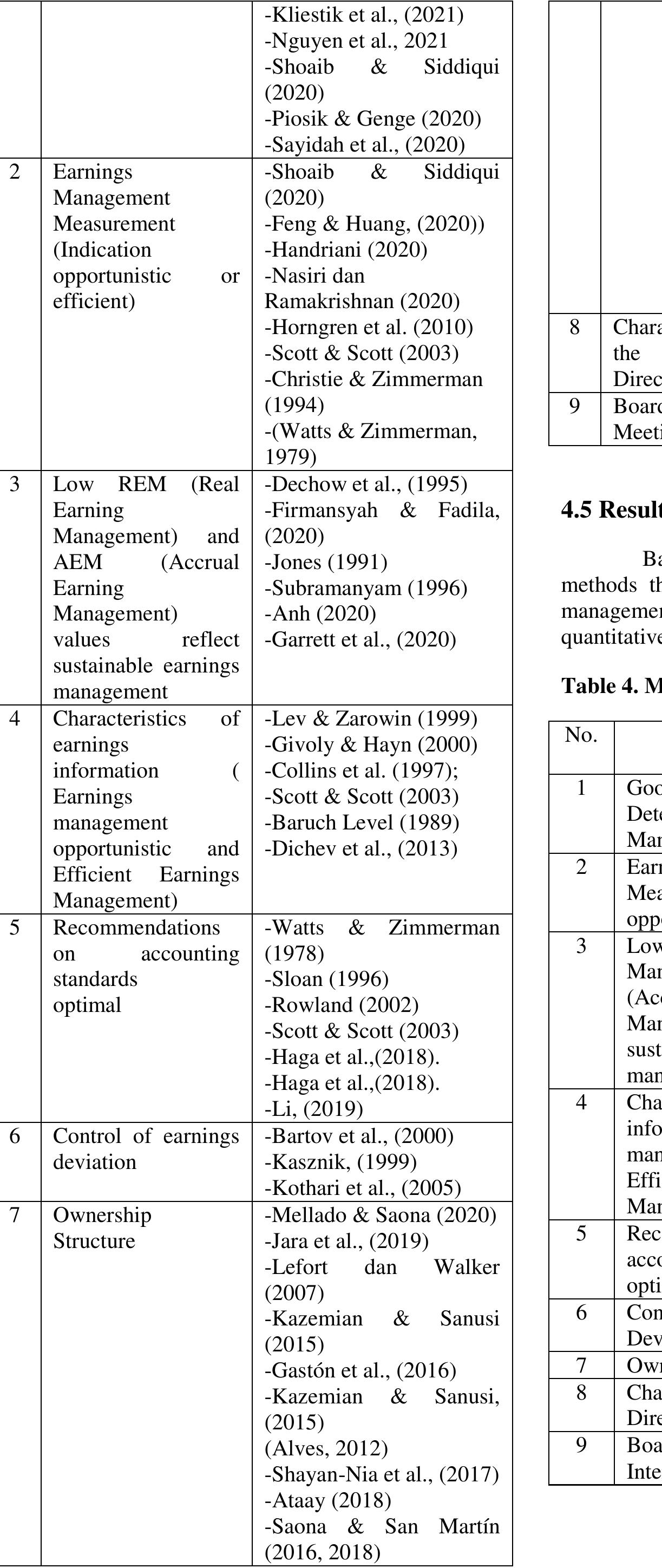Key research themes
1. How does financial reporting quality influence optimal capital structure decisions under information asymmetry?
This theme investigates the relationship between the quality of financial reporting and firms’ capital structure decisions, particularly focusing on how high-quality financial disclosures reduce information asymmetry and adverse selection. This reduction in information frictions potentially aligns observed capital structure more closely with theoretical optimal levels by mitigating over- and underleveraging problems. Understanding these dynamics is crucial for financial economics and corporate finance, as capital structure impacts firm valuation, risk, and access to financing.
2. What are the key determinants and organizational factors influencing the quality of financial reporting?
This research area explores internal and external factors shaping financial reporting quality, including accounting standards adherence, internal control systems, IT governance, human resource competencies, audit quality, and corporate governance structures. Identifying these determinants is vital for firms, regulators, and policymakers aiming to enhance transparency, reliability, and usefulness of financial information to stakeholders.
3. How do qualitative characteristics and measurement approaches influence the assessment of financial reporting quality and its impact on firm performance?
This theme addresses conceptualization and measurement frameworks for financial reporting quality, focusing on the qualitative attributes defined by accounting standard-setters (relevance, faithful representation, comparability, verifiability, timeliness, understandability) and empirical proxies such as earnings quality/accruals. It also investigates the linkage between financial reporting quality and firm performance metrics, contributing to the understanding of how quality disclosures affect economic outcomes and investor decisions.
































